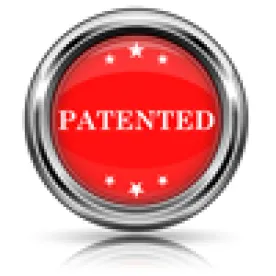Summary judgment of inherent anticipation is inappropriate where a genuine dispute of material fact exists as to whether a claim limitation is inherent in the prior art references. Inequitable conduct requires a showing of materiality and is not warranted where there is no evidence that the patents-in-suit would not have issued had the plaintiff disclosed the withheld documents to the Patent Office.
Procedural Posture
The W.D. Wis. granted defendant Novenzymes’s summary judgment motion of inherent anticipation, and denied Novenzymes’s summary judgment motion of inequitable conduct. Both parties appealed. The CAFC vacated-in-part, affirmed-in-part, and remanded.
Analysis
-
Inherent anticipation: The CAFC disagreed with the district court’s grant of summary judgment on inherent anticipation because there was a genuine dispute of material fact. The issue was whether the reduction of “insoluble deposits of phytic acid or salts of phytic acids” as recited in the asserted claims was inherent in either prior art references through the use of phytase. Plaintiff U.S. Water adduced evidence, including expert testimony, that practicing the prior art will not always result in deposit reduction. By disregarding this evidence, the district court improperly made credibility determinations and weighed conflicting evidence. Because there was a dispute as to whether “adding phytase in the manner disclosed [in the prior art] will necessarily lead to a reduction of insoluble organometallic salt deposits as claimed in the Patents-in-Suit,” summary judgment was inappropriate.
-
Inequitable conduct: The CAFC affirmed the district court’s grant of no inequitable conduct because Novenzymes failed to show a genuine dispute over either materiality or intent. During prosecution, U.S. Waters was involved in a litigation on another patent. Even though U.S. Waters withheld these litigation documents from the USPTO, “the record contain[ed] no suggestion that, but-for the disclosures made during the [litigation,] the examiner would not have issued the Patents-in-Suit.” Rather, the record showed that the examiner was aware of the differences between the pending claims of the patents-in-suit and the patent in the other litigation. Because there was no error in the district court’s finding of no materiality, the CAFC did not address intent.





 />i
/>i

